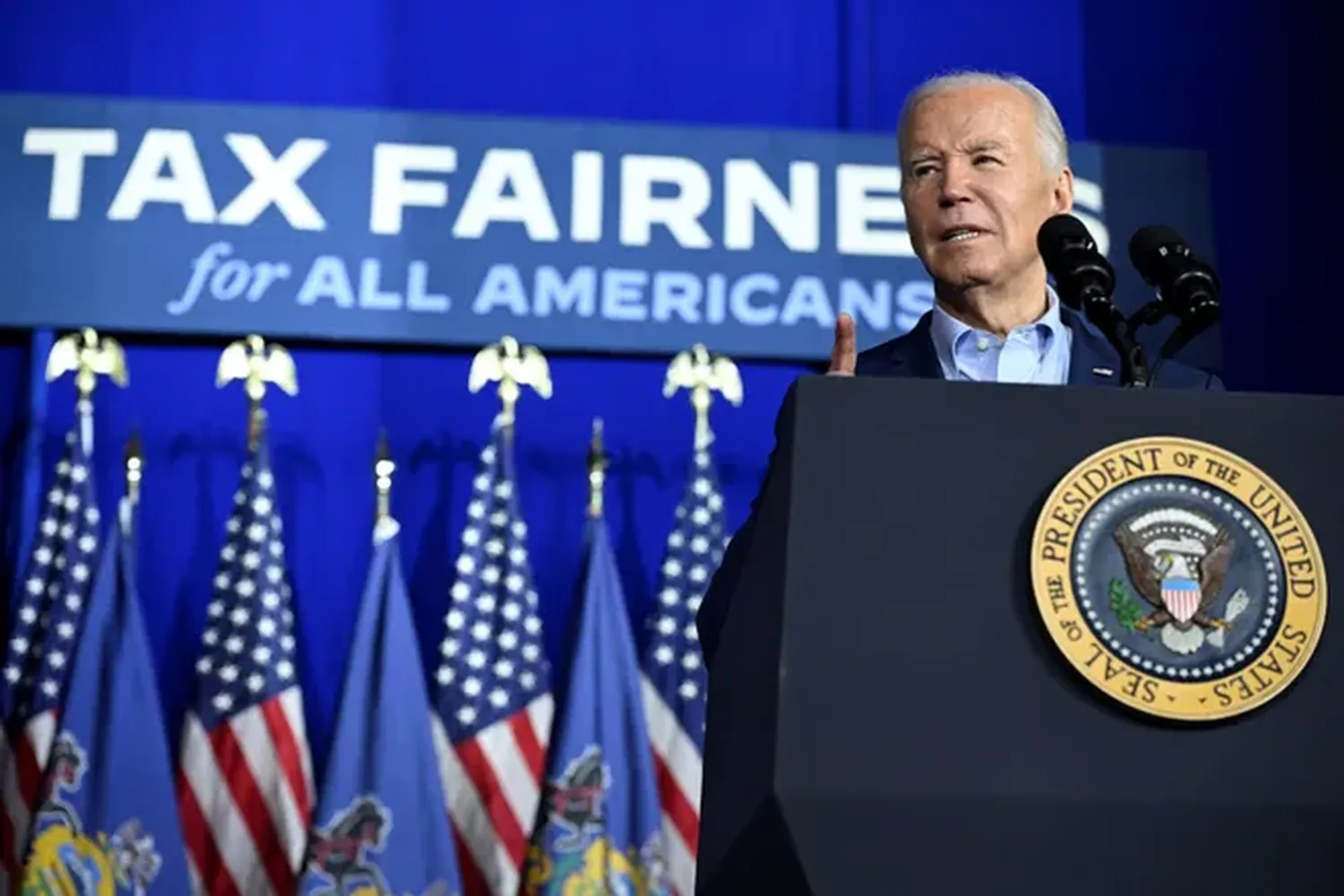U.S. Economy
Biden Proposes Tripling Tariffs on Chinese Steel and Aluminum
In a significant policy shift that underscores the Biden administration's tough stance on trade relations with China, President Joe Biden has announced plans to dramatically increase tariffs on imported Chinese steel and aluminum. The proposed measures, which aim to triple the current tariff rates, are part of a broader strategy to protect American industries from unfair competition and to assert the United States' position in global trade dynamics.
During a visit to the United Steelworkers union headquarters in Pittsburgh, Pennsylvania, President Biden outlined his administration's intentions to request the U.S. Trade Representative to consider raising the tariff rates on steel and aluminum imports from China. This move is seen as a direct response to concerns over China's trade practices, which have been characterized by the subsidization of its clean energy sector, leading to an oversupply of products such as solar panels and electric vehicles on the global market.
The Biden administration has expressed worries that such practices could result in dumping on global markets at artificially low prices, potentially stifling competition and harming American industries. National Economic Council Director Lael Brainard emphasized the threat posed by China's policy-driven overcapacity, particularly to the future of the American steel and aluminum industry.
The decision to increase tariffs comes at a time when the White House is navigating a complex political landscape. On one hand, the administration is seeking to improve communication with China following years of strained relations exacerbated by the initial round of tariffs imposed by former President Donald Trump. On the other hand, the Biden campaign is keen on demonstrating a robust stance on China to appeal to blue-collar workers, a critical voter demographic.
However, the proposed tariff hikes could have unintended economic consequences. Critics argue that raising U.S. manufacturing costs could lead to higher consumer prices, an unwelcome development as the Biden administration contends with persistent inflation. A senior administration official sought to allay these concerns, stating that the actions would not increase inflation but would instead protect American jobs and the steel industry.
The announcement has drawn mixed reactions from various stakeholders. While some industry representatives and labor unions have welcomed the move as a necessary step to safeguard American manufacturing, others have raised alarms about the potential for escalating trade tensions and the impact on global supply chains.
President Biden's push for increased tariffs is not without precedent. The Trump administration had previously imposed a 25% tariff on imported steel and a 10% tariff on aluminum, citing national security concerns. These measures had a significant impact on trade relations between the two countries, nearly igniting a full-blown trade war.
As the Biden administration moves forward with its proposal, the global community watches closely. The potential tariff hike represents a critical juncture in U.S.-China relations, with implications for international trade, domestic industries, and the broader geopolitical landscape.
The administration's actions reflect a delicate balancing act between asserting American economic interests and maintaining a constructive dialogue with China. As President Biden prepares to make his case to the American people, the outcome of this bold trade move remains to be seen.

